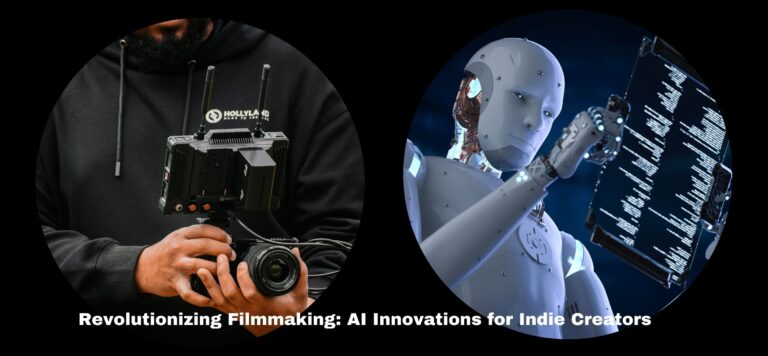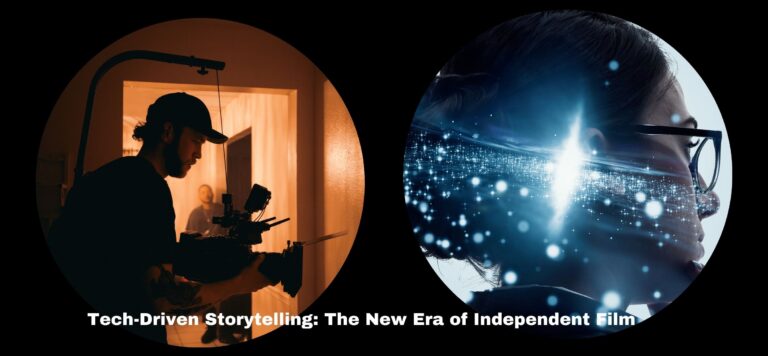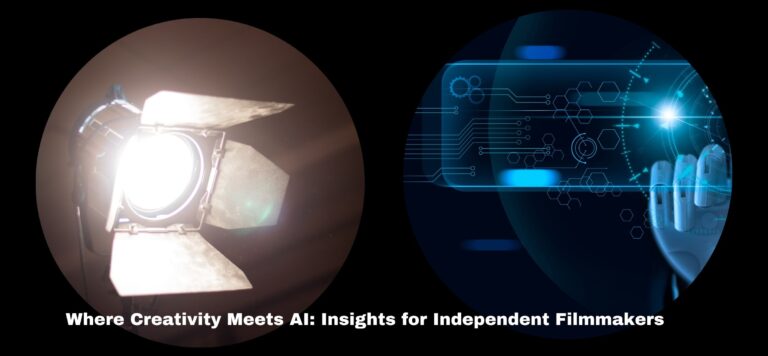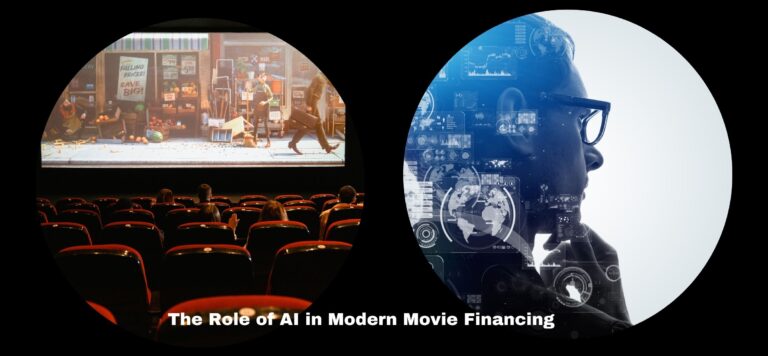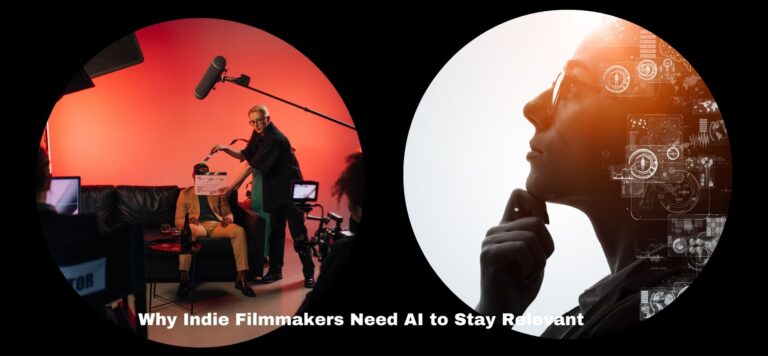Introduction
The first half of 2025 has witnessed significant strides in the integration of artificial intelligence (AI) within the film industry. From major tech companies venturing into film production to the use of AI-generated voices in sports broadcasting, AI continues to reshape the cinematic landscape. This article highlights the key developments in AI and filmmaking from January to May 2025.
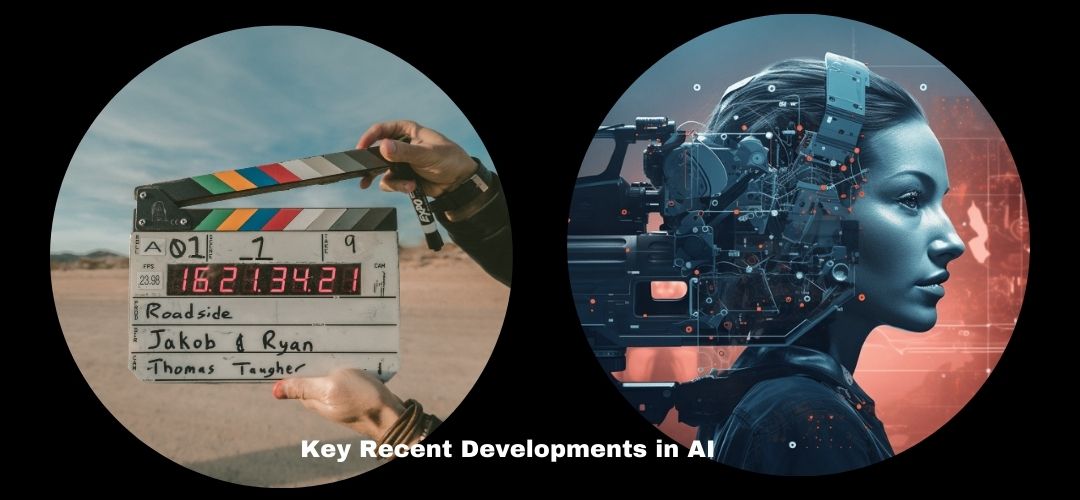
Google’s Entry into Film Production with “100 Zeros”
In May 2025, Google announced its foray into film and television production through a new initiative called “100 Zeros,” in collaboration with Range Media Partners. This multi-year partnership aims to identify and support film and TV projects for funding or co-production, focusing on promoting Google’s emerging technologies, including AI and spatial computing. Notably, the initiative has backed projects like the indie horror film “Cuckoo” and plans to market content to traditional studios and streaming platforms, rather than distributing through YouTube .
The Academy’s Stance on AI-Generated Films
The Academy of Motion Picture Arts and Sciences has ruled that films made using AI are eligible for Oscar nominations.The new guidelines state that AI use will neither benefit nor disadvantage a film’s chances of winning, though preference will be given to films with greater human involvement. This change follows controversy surrounding AI applications in the 2024 Oscars.
AI in Post-Production: The Case of “The Brutalist”
The film “The Brutalist” sparked discussions about AI’s role in post-production. Editor Dávid Jancsó revealed the use of AI tools from Respeecher to improve the authenticity of actors’ Hungarian dialogue. Additionally, there were claims about the use of generative AI for architectural visuals in the film’s closing sequence, though the director clarified that all images were hand-drawn by artists.
AI’s Role in Enhancing Film Quality
Netflix co-CEO Ted Sarandos emphasized that the true promise of AI in filmmaking lies not just in lowering production costs but in enhancing the overall quality of movies. During a Q1 earnings call, Sarandos highlighted current uses of AI by Netflix creators, including visual effects preparation, set references, and pre-visualization, which help both big-budget and smaller productions benefit from advanced effects like de-aging.
Conclusion
From major tech companies entering film production to the use of AI in voice synthesis and post-production, the first half of 2025 has demonstrated AI’s growing influence in the film industry. As AI technologies continue to evolve, they offer new tools and opportunities for filmmakers worldwide.
